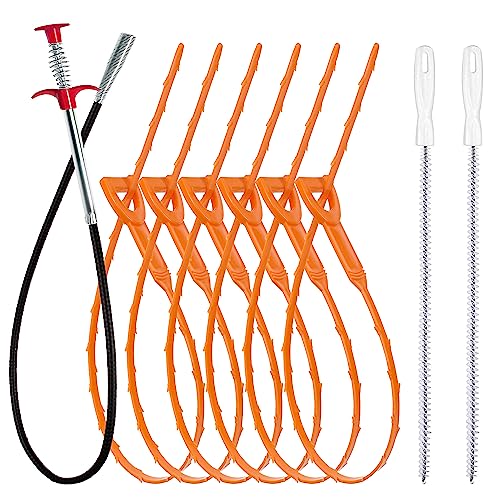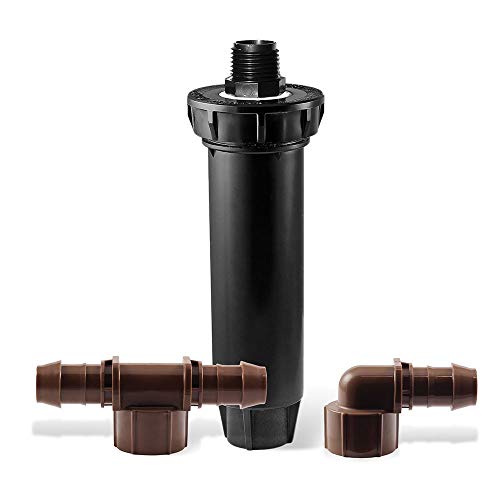I have a 2 year old A. O. Smith 40 gallon natural gas water heater located in the garage - professionally installed. Faint smell of natural gas in the garage in the AM that dissipates during the day as the burner comes on and the garage door is used.
Tech came out and found no connection/line leaks from the gas supply to the heater.
Tech coming back tomorrow to get to the bottom of it, At this point I am thinking it is an internal part or a venting issue - did a rudimentary vent test with a lighter and it seems to draw fine.
Has anyone dealt with this particular situation? The techs for this company are good but any input from another source is always helpful. Thanks!
Tech came out and found no connection/line leaks from the gas supply to the heater.
Tech coming back tomorrow to get to the bottom of it, At this point I am thinking it is an internal part or a venting issue - did a rudimentary vent test with a lighter and it seems to draw fine.
Has anyone dealt with this particular situation? The techs for this company are good but any input from another source is always helpful. Thanks!























![MEISTERFAKTUR drain snake 2.0 [50 FT] - with drill attachment - Ideal plumbing snake for sink and drain unblocking - Solid drain auger for real DYIs! (50 FT - 1/4 inch)](https://m.media-amazon.com/images/I/41VwmTiOsgL._SL500_.jpg)
































